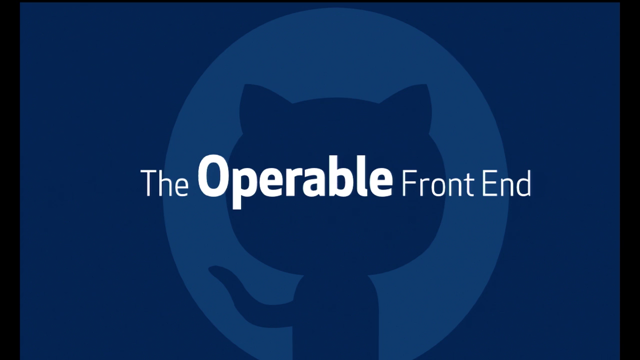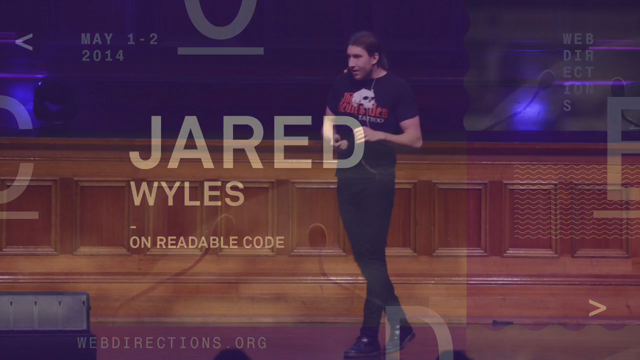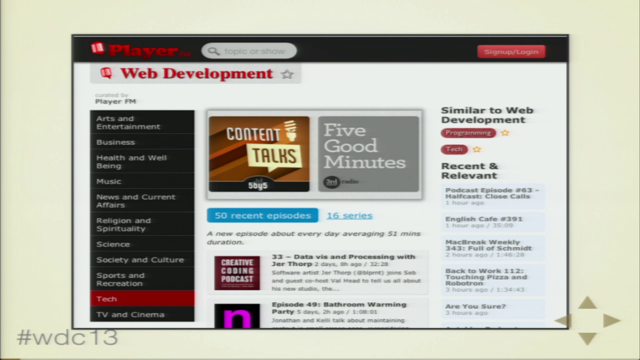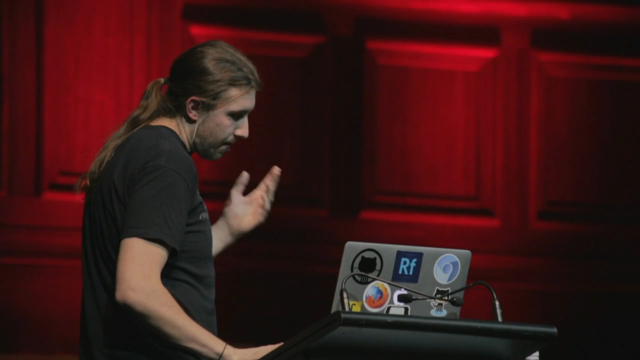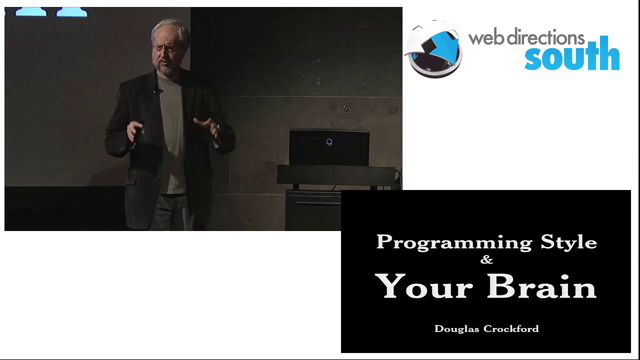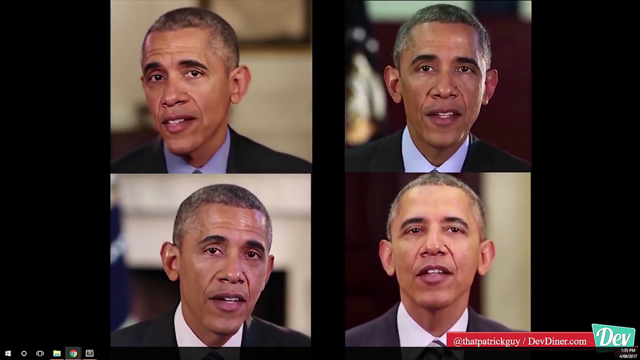The future belongs to idea guys who can just do things
February 10, 2025
There, I said it. I seriously can’t see a path forward where the majority of software engineers are doing artisanal hand-crafted commits by as soon as the end of 2026. If you are a software engineer and were considering taking a gap year/holiday this year it would be an incredibly bad decision/time to do it.
…
the people stages of AI adoption
- detraction/cope/disbelief – “it’s not good enough/provide me with proof that AI isn’t hype”
- experimental usage with LLMs
- deer in headlights/worry after discovering more and more things that it IS good at – “will I have a job? AI is going to take my job. The company is going to replace me with AI”
- engaged, consuming AI and starting to build using LLMs (ie. using Cursor) and evolving their thinking, trying new approaches. Realising the areas where it is not currently great at and learning how to get the right outcomes.
- concern/alarm/we need to bin our planning – “everything else we are doing right now feels just so inconsequential”
- engaged, realization that you can program the LLMs itself and doing it.
Source: The future belongs to idea guys who can just do things
Like a lot of people I’ve been thinking a good deal about what software engineering looks like in an era when LLMs can increasingly write code.
Now, writing code is only part of what makes a good software engineer–it has until now been a necessary and sufficient skill to have, or at least start a career in software engineering.
Like Geoffrey Huntley I suspect that won’t be true for much longer.
But right now a lot of the focus is on writing code-software engineering is much more than that.
Software engineering has faced transformational moments before–when I was at university Comouter Aided Software Engineering–CASE–and its impacts own the practice was a significant area of focus. In the latter part of the 1980s 4GLs (fourth generation languages ,where languages like C and Pascal were 3GLs) were going to abstract away much of the process of writing the code.
My instinct is systems being able to write capable code that humans traditionally have written, but which competent humans can read, debug improve, verify is a genuinely transformative moment.
So what do you do?
Geoffrey has some detailed thoughts well worth your time reading.

